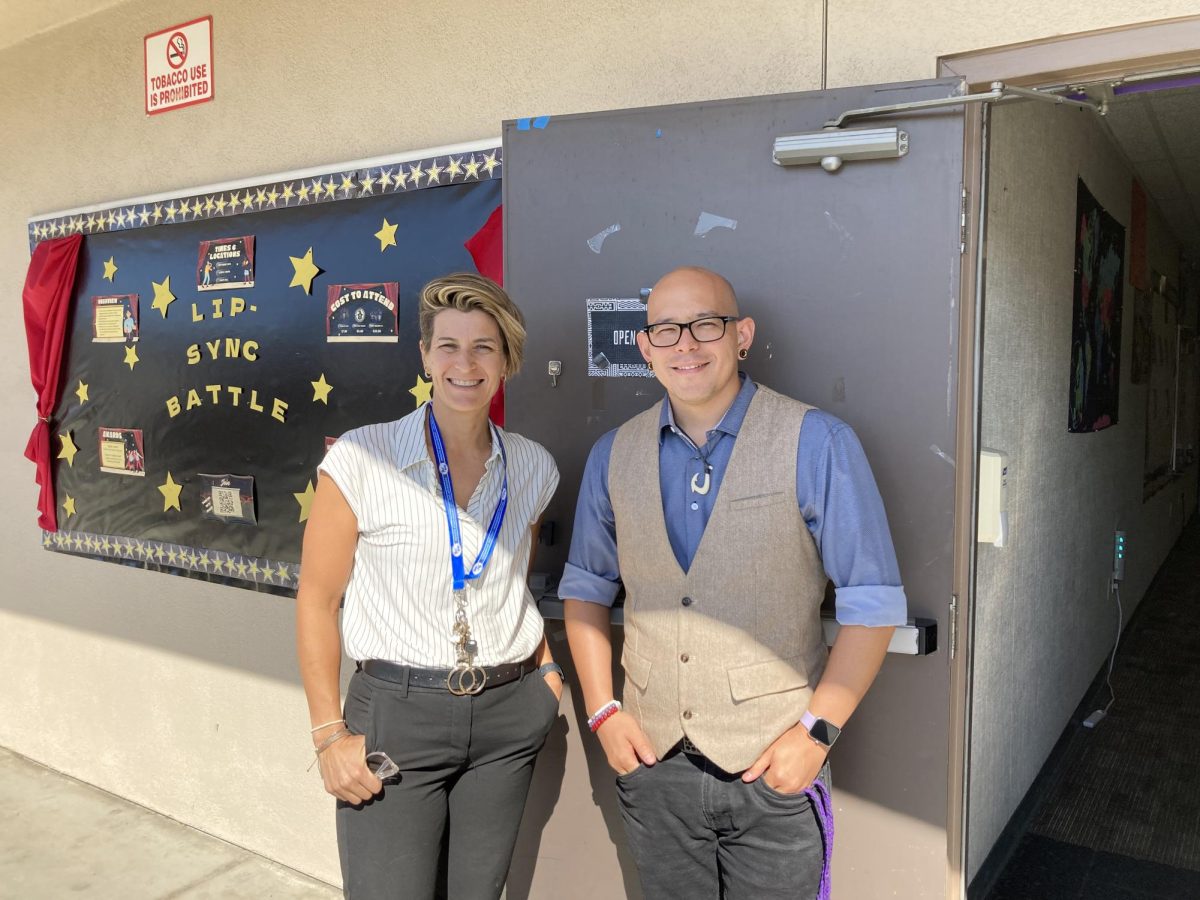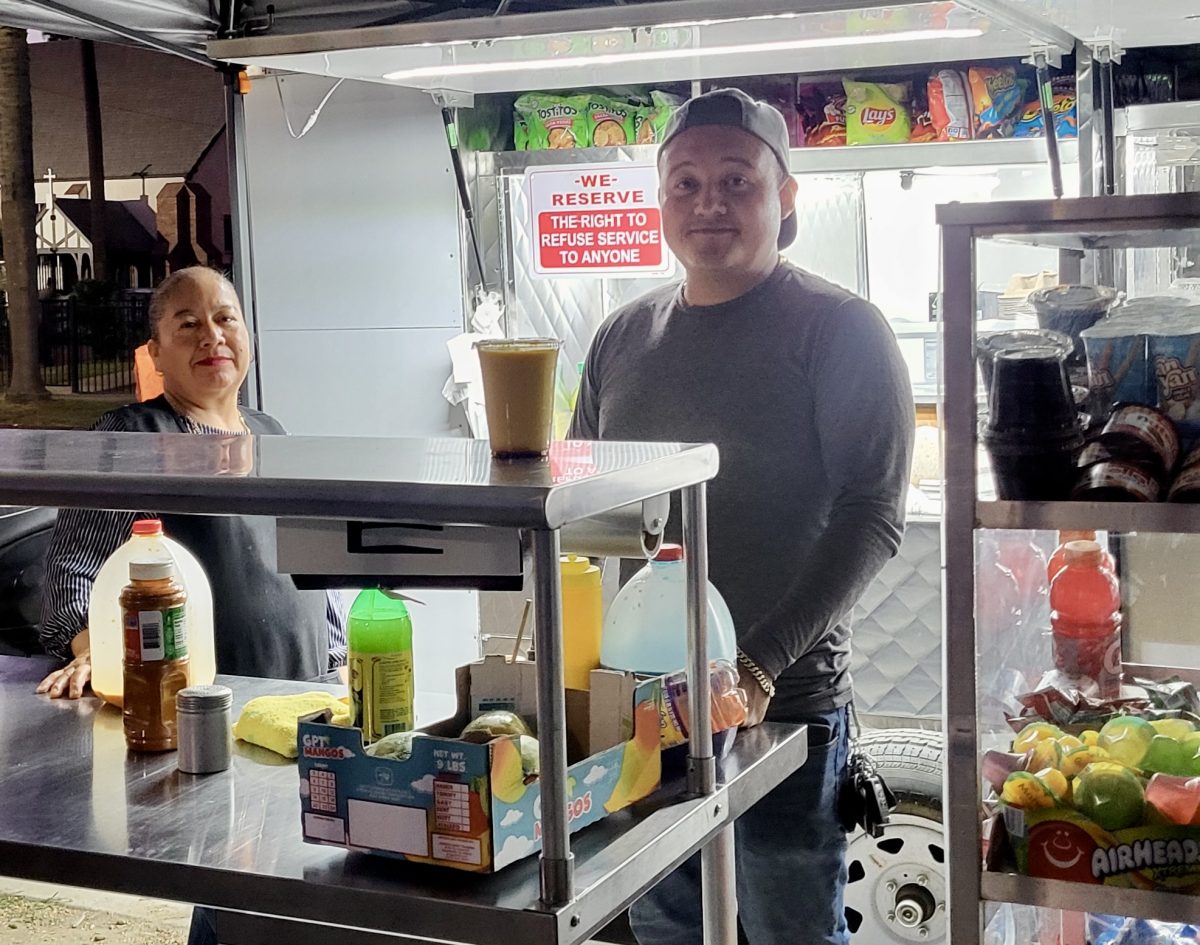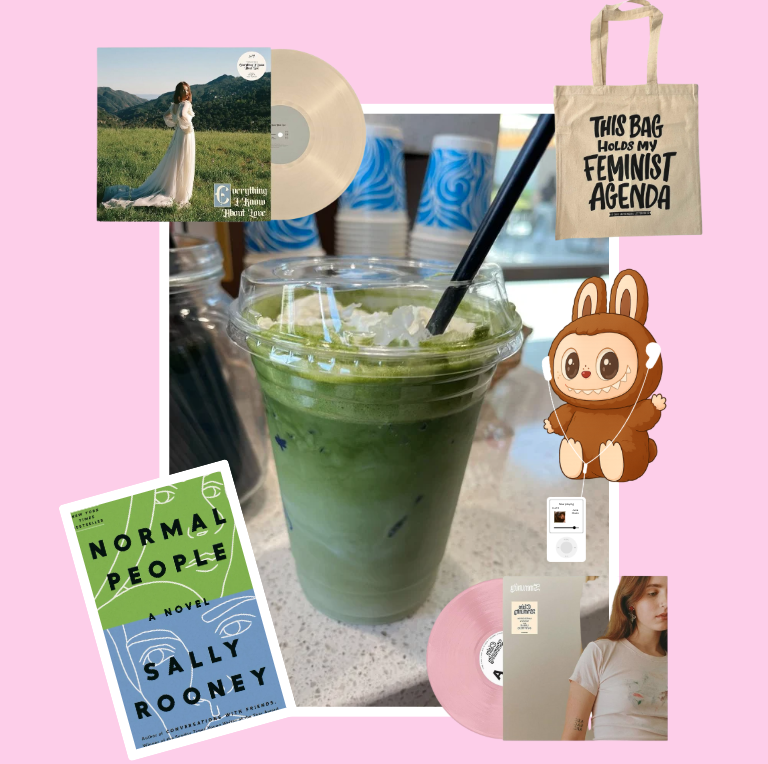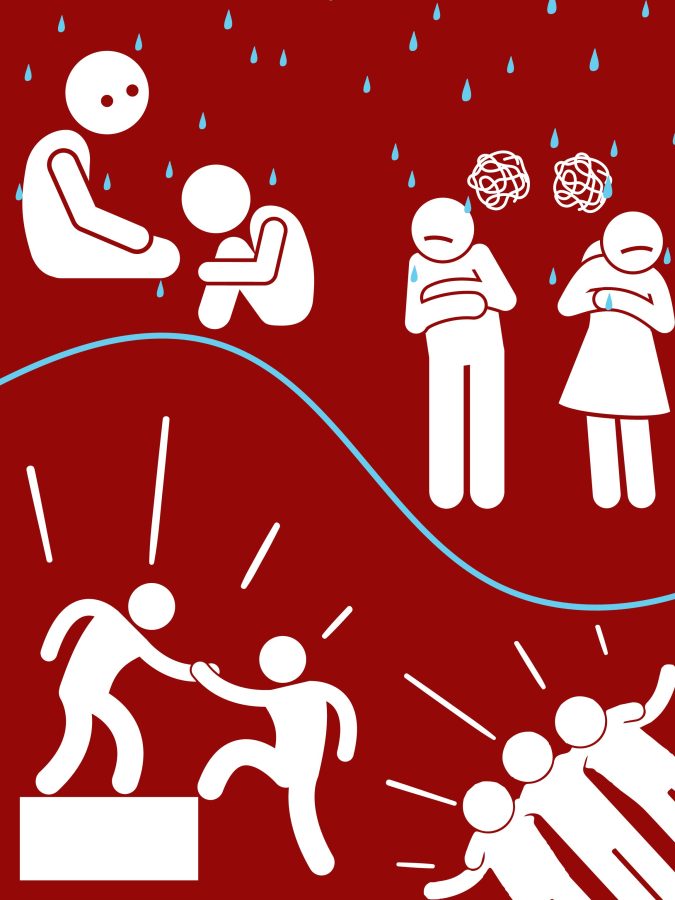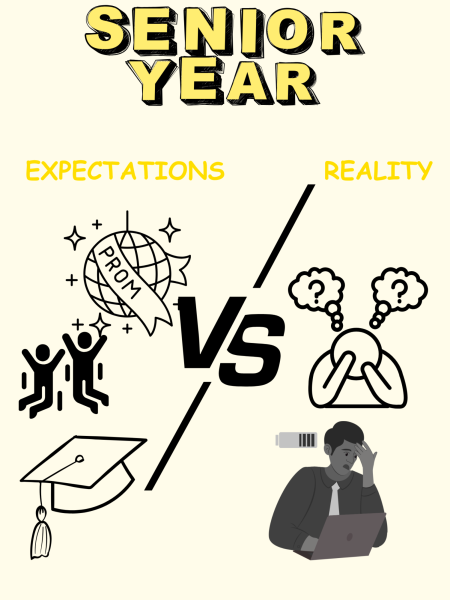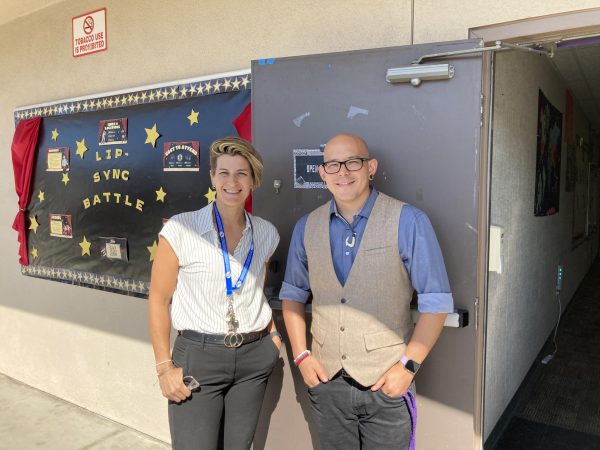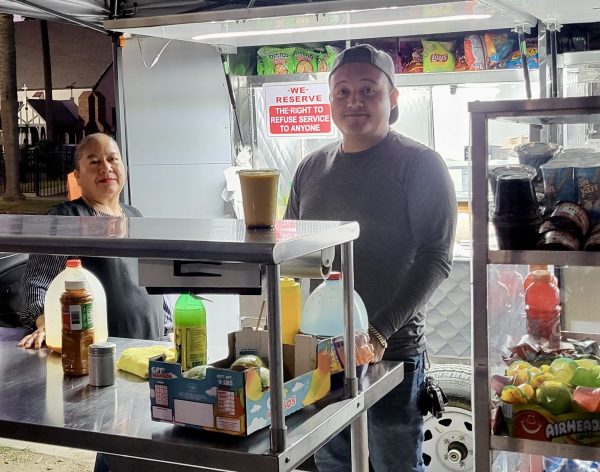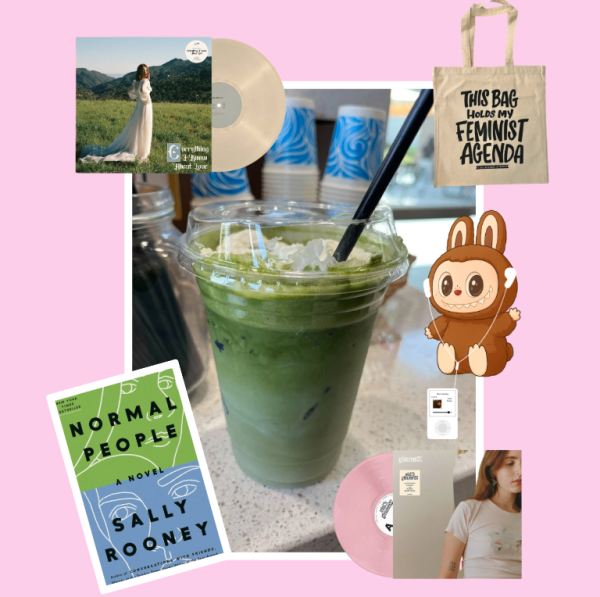Adolescent experiences shape your identity
Different relationships during adolescence can affect your identity later on.
Thinking back on adolescent years, the memories created with friends, families, and strangers seep into your adulthood. Emotions and sentiments during youth create the foundations of who you are. The sense of identity you develop at this time will be reflected onto who you are later in life. All of your experiences, whether they caused improvement, growth, or a negative worldview seep into your personal identity.
With our sense of identity being shaped during our years of adolescence based on the nurture of certain connections, many can relate with the psychology of this subject.
In the article “How Your Teenager’s Friendships Can Impact Their Adulthood”, by Rachel Fairbank, Emily Simonian, a licensed family and marriage therapist said, “Our sense of identity gets shaped in adolescence.”
During those years, we observe characteristics from our environment, friendships, and relationships that will be cemented into who we are.
Taking this idea further, Simonian said, “When strong friendships are formed, there’s an underlying sense of security in your social identity.” With strength in a connection you form with someone, there comes a comfortable security that is reflected onto your identity.
When adolescents find impactful friendships or groups, they find themselves influenced by positive or negative aspects of them. A sense of belonging is brought on when someone feels connected and accepted. Moreover, these positive impacts as a teenager help further healthy development in a good light, especially with someone you connect with more than others.
Psychology professor at Santa Ana College, Dr. Betty Yimenu agrees that the people you meet in adolescence affect your choices and personality. In her own experience of interacting with different groups of peers, she felt most positively impacted by peers who encouraged growth and inspired her.
Yimenu said that it’s easy to be influenced positively when you’re connected with someone who encourages improvement. Further elaborating on this, she mentioned the Michelangelo effect. She said, “The Michelangelo effect that’s studied in social psychology is where when a person sees you and sees your potential, it leads to better outcomes for you.”
Your behavior is influenced by the people you were around growing up. Yimenu said, “How we behave is based on all of our experiences.”
This is present with negative or positive influences; one can find themself trying to imitate the role model they had growing up at a certain moment or stage in life because of the influence they had.
Many people have impactful and lasting memories of the people they grew up with. Middle College High School teacher Jeff Diaz had someone growing up that helped him improve and develop as a person.
Diaz spoke of his brother’s older friend whom he had met around the age of 13. From the ages of 13 to 18, Diaz befriended him and learned from him. While unsure of him and his personality at first, Diaz came to admire his respectable qualities. He was forthright, offered advice on how to improve on certain things, and always saw the good and potential in people. He came to look at him as a good example.
Diaz said, “His influence really helped me and shaped me when I was growing up. A lot of things that he would do, I’d kinda think about like okay what would he do in this situation.”
With this relationship, Diaz learned and became more aware of his impact on other people.
He said, “He made me a lot more conscious of other people. I was kind of inconsiderate like I would make jokes that maybe hurt other people’s feelings, or something like that. I was also very outspoken and not in a good way. Sometimes I could say hurtful things. He never called me out in a negative way but he did help me with his example and the way he interacted with other people.”
The way Diaz still models himself after his friend’s example of interactions with others relates to what Yimenu mentioned about younger kids finding a role model they want to imitate. In this case, Diaz wanted to hold himself the way his friend did.
Considering this a positive impact, Diaz believes he wouldn’t have gotten far in friendships or relationships without the consideration he learned from his role model.
Aside from learning about the emotional aspects of himself, Diaz still feels a deep appreciation for his friend because of the mutual trust and respect. Diaz respected and appreciated the fact that he wasn’t being babied and in a way set him up for independence.
While his friend did move away, Diaz still thinks about him sometimes. In certain situations, Diaz will ask himself what his friend would do and act accordingly.
Diaz believes his life would not be the same because of the significant impact his friend had. Diaz’s time spent with him left him reflecting and thinking about how to better himself.
As Yimenu said, when you connect with an individual, you catch parts of them in you and their lingering influence.
In contrast, others can have different influences in their life. An anonymous source had a friend in their life that impacted them in a state of vulnerability. This relationship led Anonymous to make decisions they wouldn’t usually make.
Anonymous said during the ages of 16 to 18, they had befriended someone at a time when they were outgoing and extroverted; the peak of gregariousness. Anonymous had been approached by them and they slowly began to form an added intimacy to their friendship.
“They seemed very genuine and ready to help me and anyone if needed,” Anonymous said.
The idea of thinking you know someone and then finding out later it’s more complex can relate back to what Yimenu has said.
Anonymous said that while they were at the peak of their friendly personality, it never felt like anyone was really their friend as they swung from person to person. While they had good relations with others, they hadn’t felt that sense of true belonging.
This could bring a state of emotional instability that leads to vulnerability that could be preyed upon.
Yimenu said, “When people are in more vulnerable positions or when their needs are not met, they might be more likely to conform or to go along with what others are doing even if that might not lead to the best outcome for them.”
Anonymous had often felt alone at home; while trying to fit in with others they never felt truly there until they met that friend which introduced them to things that would change their life.
It all depends on how vulnerable someone is feeling when they want to belong somewhere or with someone comfortably. This as a result leaves one not fully aware of how toxic a friendship is becoming or already is; some may choose to try to ignore it in order to convince themselves everything is okay.
Directly reflecting on Anonymous’ relationship with their friend, they said, “I didn’t think I was one to be affected by someone’s influence since I was the one usually outgoing and sort of like the one to make plans with friends and all.”
Anonymous soon found themselves more secluded with this friend as they began to try things on their own such as drugs and drinking. In turn, their extroverted personality became more introverted. Anonymous mentions they felt themselves stop going out a lot, and for some reason felt very sneaky and reclusive.
They said, “I lost a lot of friends in the time I spent with them. I guess you could say I was tweaking out a lot. My friends didn’t want to be around me and I didn’t really feel the need to be around them anymore as well.”
When the friend they mentioned introduced them to drugs and alcohol, they started to experiment with them. They remember their friend describing drugs and alcohol as something that made you feel better; anonymous wanted to feel something. And this was what they were taught to believe would make them feel good.
Feeling unsure, Anonymous wasn’t originally looking to try these things. However with the influence of someone they trusted, they gave in. This is an example of someone’s influence able to manipulate someone into doing things one was unsure of.
Yimenu said, “Even with adolescence people can be emotionally manipulated as well.”
Anonymous would find themselves pushing away others in favor of their new friend. Believing they were only meant to be a duo, and there was room for no one else.
Yimenu said, “A feeling or sense of belonging, safety, or security; one person could bring this at the beginning of a connection. Over time it’s found out they are verbally, emotionally, etc, abusive. At that point it’s hard to leave.”
With changes from extrovertedness to introversion, and their use of drugs and alcohol, Anonymous felt a change within themselves. With now one person in their life, Anonymous felt dependent on their friend as much as they did drugs.
At such a crucially impressionable time in life, anything learned from that time can follow them into their adulthood and so on.
Yimenu said, “Those formative years of adolescence do shape us.” And furthermore, it doesn’t just stop there, it can go on into your 20s as events and thoughts still need to be processed.”
Anonymous’s parents noticed the change and got them help.
Anonymous and their friend began to drift once Anonymous was getting better. Their friend no longer found the commonality of loneliness, so there was nothing more left to feed their friendship.
However, even with all the help they still felt empty. Their relationships were damaged and because of the intense attachment with their friend, they felt they still needed that friend.
“I missed them a lot. When things were beginning to calm down for me, I wanted to see them and be with them, although it was a very bad time in my life because I missed that I felt a lot with them. It seemed like I wouldn’t get that sort of deepness with anyone else again,” Anonymous said.
While they wouldn’t come to reconnect again, Anonymous still feels a melancholic, numbing sentiment from this experience. Today they are much less extroverted than before and feel the need to be careful with who they befriend.
Yimenu said, “It’s difficult to unlearn all the things we went through in childhood and adolescence without some type of guidance as well.”
Relating to Anonymous’ experience, it felt difficult for them in recent years to unlearn the mentality they had. Even in their adolescence, it was difficult to unlearn the dependence on what was influencing them.
With examples such as Diaz and Anonymous, it’s shown how someone’s influence in your adolescence can alter your personality, choices, and more. Some will have negative impacts while others will be positive.
Yimenu states it’s important to take into account the circumstances someone had growing up when looking at one’s identity as an adult.
“We hang on to what happened in our early years; it stays with us whether it’s from childhood or adolescence, or even early adulthood. It can influence our personality, our behavior, and a lot of things later on,” said Yimenu.
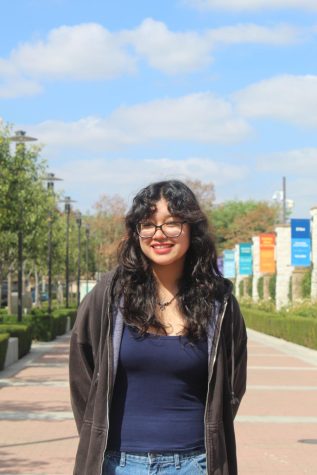
One of my favorite movies is Parasite, one of my favorite manga authors is Junji Ito, and I love to draw and paint.



